

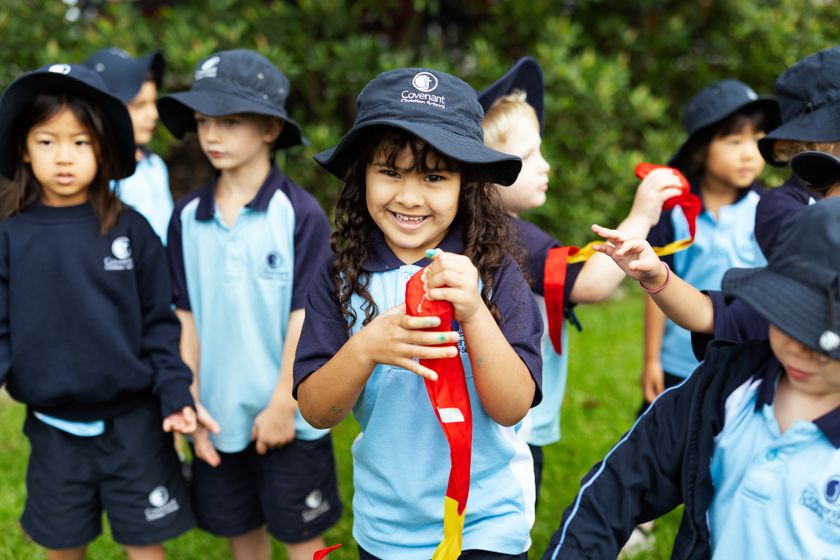
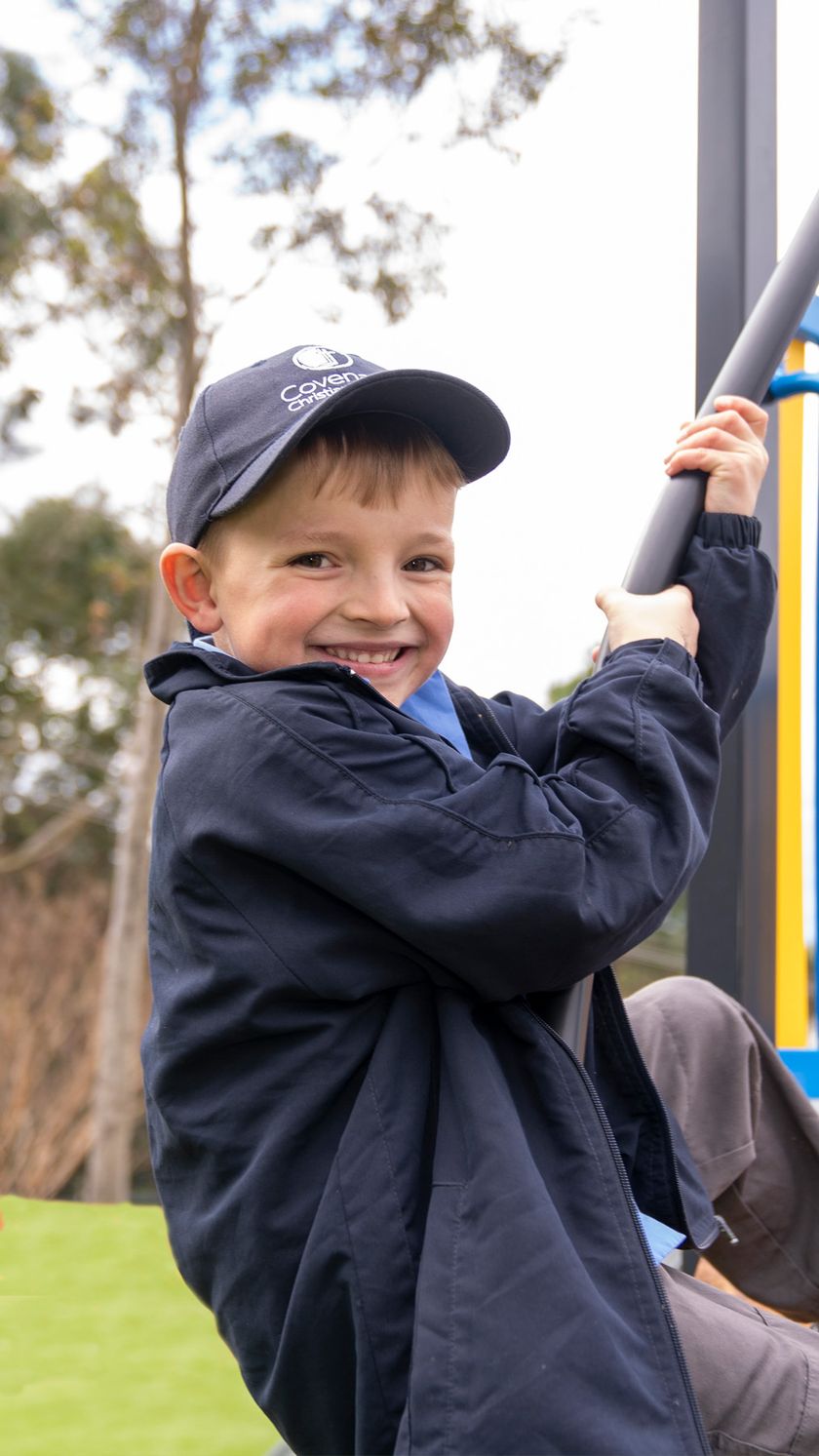
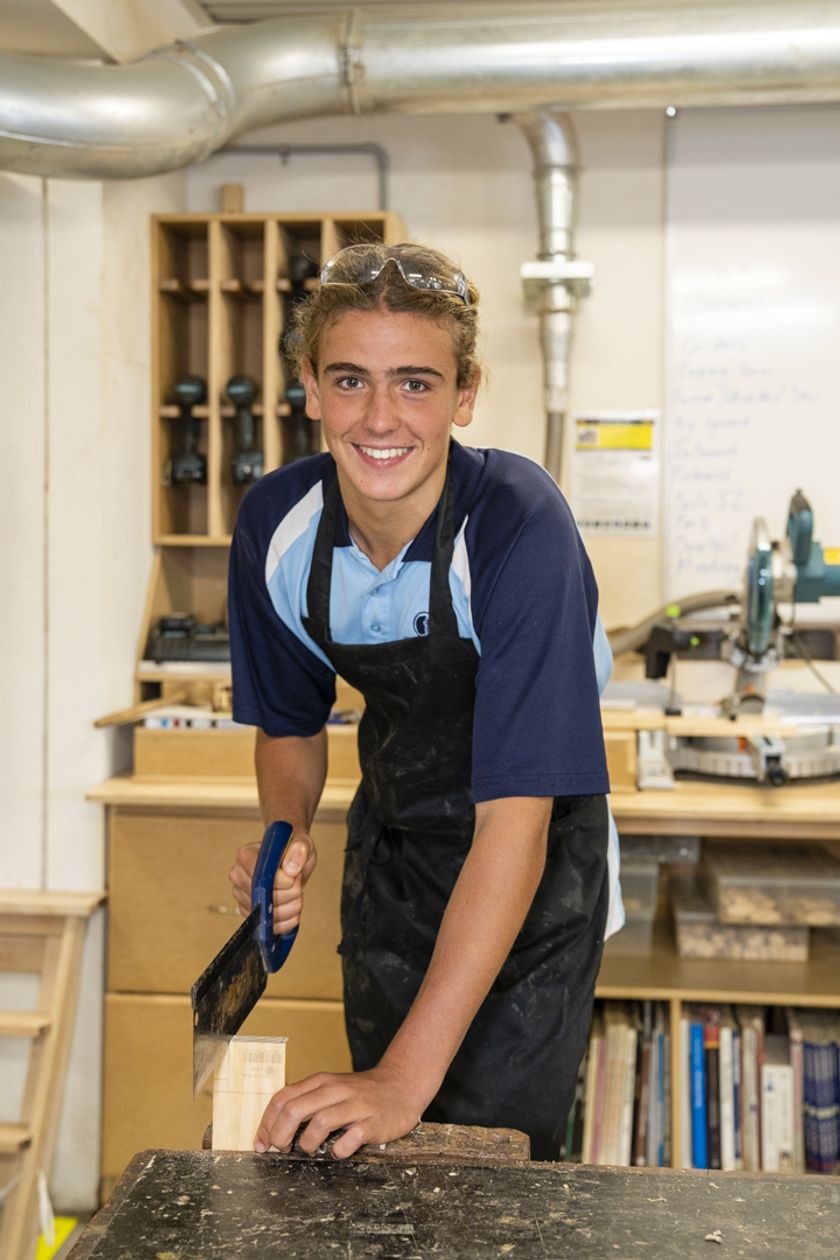
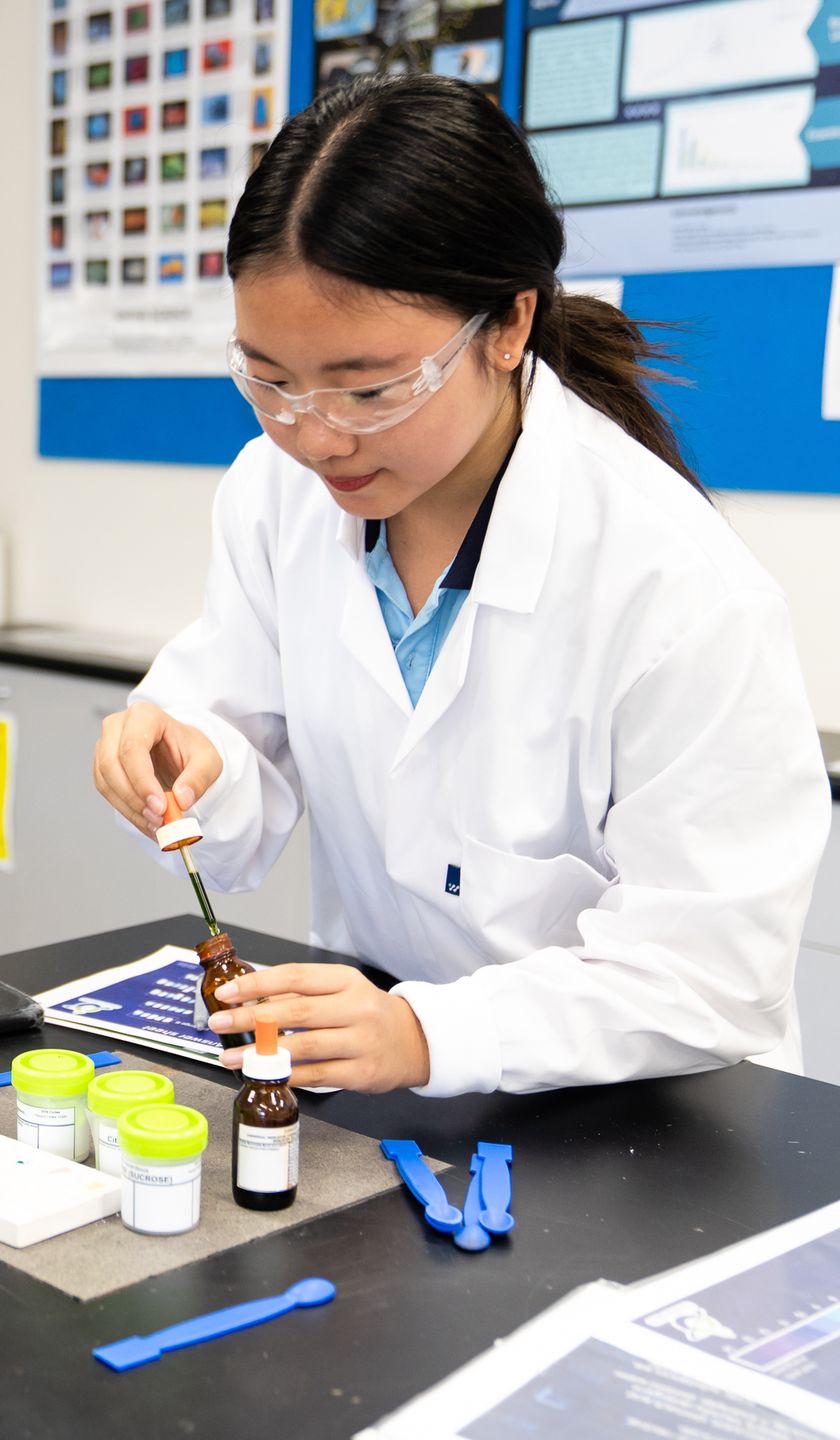
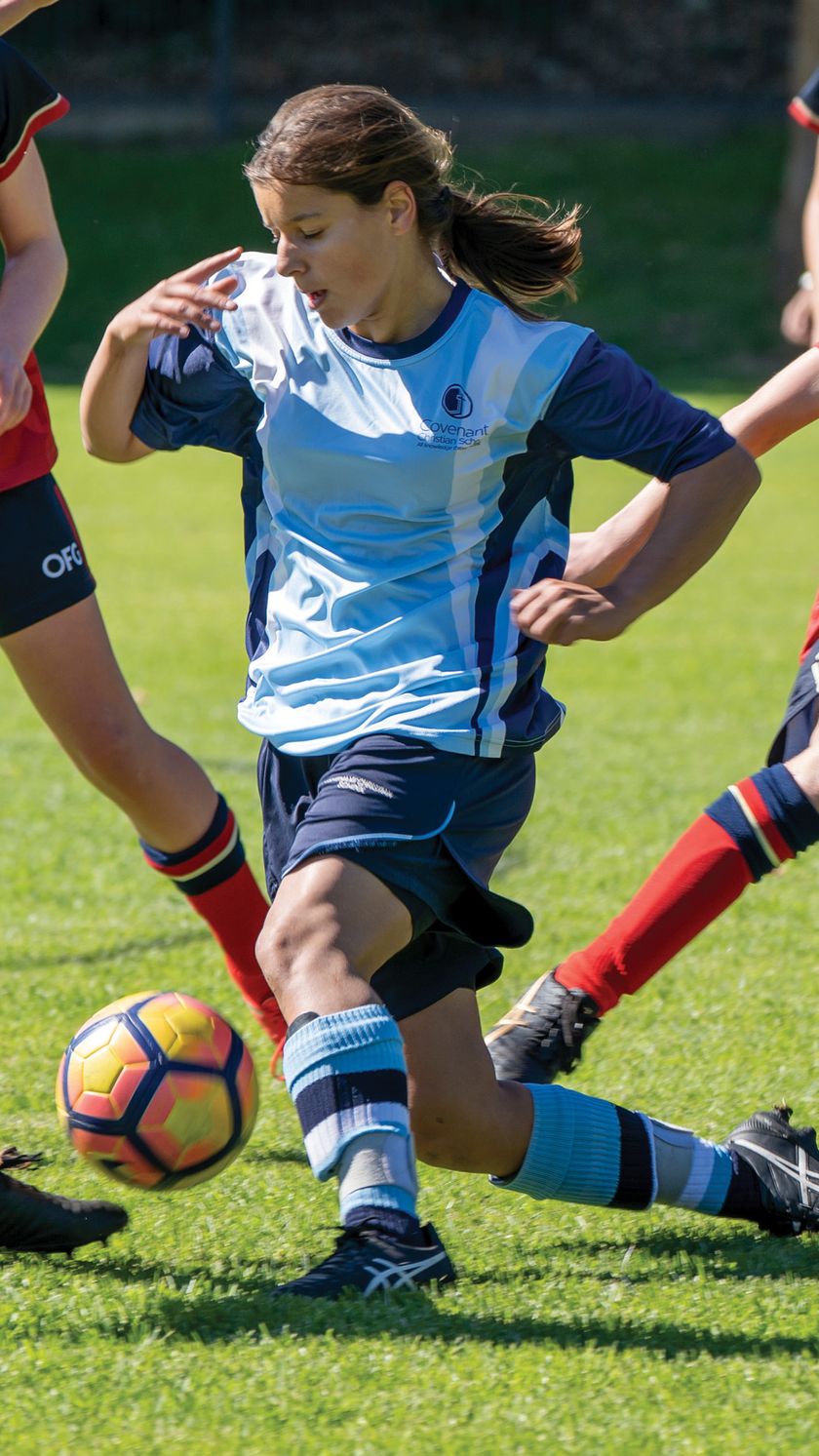
Learning can be frustrating! Don’t get me wrong – gaining knowledge is empowering, liberating and essential for personal growth. However, the process of learning can be very frustrating because it often involves making lots of mistakes along the way.
Students are surrounded by adults from whom they are constantly learning – parents, teachers, coaches, kids church leaders, youth leaders, etc. As adults, we often feel the weight of responsibility that sits upon our shoulders. We want to model best practice in our respective domains, because we want our children to learn how to read, ride a bike, tie their shoelaces, solve problems, and think critically.
For children, frustration often surfaces because they see adults who have mastery over the learning goal (for example, a parent who can read fluently), yet they themselves struggle to read, and often make mistakes. “Parents make it look so easy! So why can’t I do it?” Watching an expert demonstrate mastery over something that a child struggles to do adds to their frustration and can lead to a breakdown in communication and strained relationships.
So how can we help students become resilient learners? Parents and teachers need to normalise mistake-making so that students regard it as a regular part of learning. Mistakes and failures should not be perceived as “bad”. The language we use should be positive, promoting the making of mistakes as necessary for learning and growth. In fact, research suggests that mistakes made in high confidence have positive effects on learning and knowledge retention.
Furthermore, parents and teachers should encourage children to take risks in their learning and reward effort. Remind them that mistakes are not failures – rather, stepping-stones to the correct answer. We ourselves should model a healthy, resilient approach to setbacks. The next time you’re working on a project, cooking a meal, or fixing some broken furniture, verbalise and model a healthy response to the obstacles you yourself face. “This isn’t working the way I’d planned. Let me try a different approach and see if that works.” This will help children see that even adults struggle and make mistakes, and that’s okay!
Let’s continue to partner together – parents, teachers and support staff – to develop resilient learners who see the value of mistakes as a necessary tool for learning.
Silva Mekerdichian
Director of Teaching and Learning